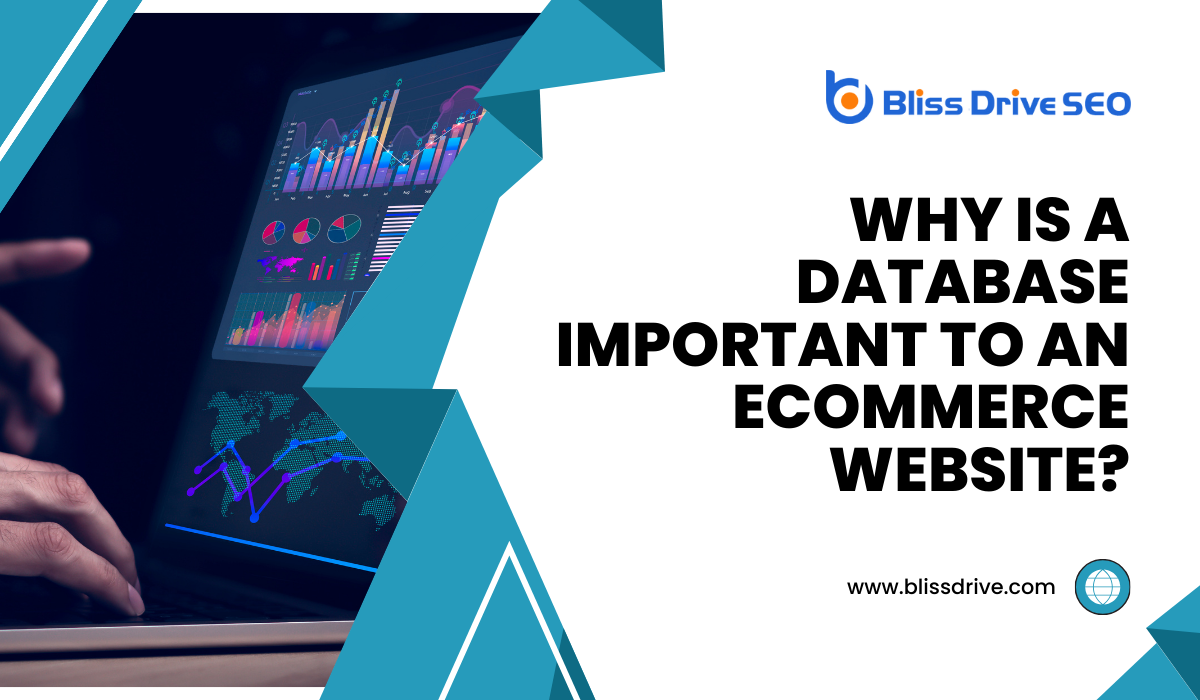Digital Marketing Services
Learn More About Us

The primary function of a database is to digitally store information that can easily be captured, retrieved, and distributed at a later time. It enables businesses to analyze and track data about products, sales, and customers that have been entered into it while allowing transactional or system-oriented data to be organized and tracked based on user-defined settings.
With the massive amount of data being transferred every day, having a database is now vital to the success of an online store. eCommerce businesses can fully leverage a system that can help store, organize, and structure data by creating a proper database.
One of the main advantages of using a database for eCommerce is that it adds structure to enormous amounts of shop data. Regardless of how large or small your online store is, an infrastructure is required for all of the collected data to make sense and provide useful insights. When data is organized, the eCommerce application can access it more efficiently.
Based on compiled data, a database system assists eCommerce sites in identifying potential customers. Marketing teams can use customer data from the database to create targeted lists that will be used to direct marketing efforts. This will not only help businesses retain customers, but it will also help them gain new ones.
Tracking every order through the sales funnelAnother term for conversion funnel, focusing on the steps leading to a purchase. in an organized manner, along with the necessary processing details, is critical to an eCommerce business's survival. After each transaction, the database helps to keep the inventory up-to-date, such as what is in or out of stock, billing, shipping statuses, purchase orders, and more.
Ultimately, a database allows you to organize products, customers, and transactions in a way that helps you evaluate how you can stay ahead of competitors. Find out how you can use your data to dominate your market. Visit Bliss Drive now and inquire about our competitive analysis services for more information.
